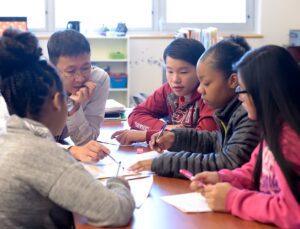Thoughts on the Federal Election
By Eric Holzapfel
Chief Engagement Officer
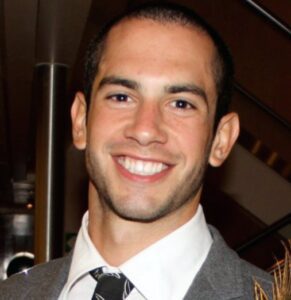 I find myself in a state of déjà vu. Eight years ago, I stood in my office uncertain about what effects the federal election would have on the clients and community I served. At the time, I was in charge of an immigration program for LGBTQ+ Latinos at Entre Hermanos. Our clients expressed a great deal of fear around the anti-immigrant and mass deportation rhetoric coming from the Trump administration. Over the course of the Trump administration, many policies had dire effects on the clients we served but in turn were successfully defeated, specifically public charge and family separation. Public charge had a particularly detrimental effect on immigrant communities accessing public benefits. And family separation inhumanely, as I personally witnessed working with attorneys at a detention center in Laredo, separated thousands of children from their mothers and families. We also saw great victories on the state level to protect our immigrant communities, including Keep Washington Working (SB 5497) and a slew of successful legal challenges by then attorney general, Bob Ferguson. Read More
I find myself in a state of déjà vu. Eight years ago, I stood in my office uncertain about what effects the federal election would have on the clients and community I served. At the time, I was in charge of an immigration program for LGBTQ+ Latinos at Entre Hermanos. Our clients expressed a great deal of fear around the anti-immigrant and mass deportation rhetoric coming from the Trump administration. Over the course of the Trump administration, many policies had dire effects on the clients we served but in turn were successfully defeated, specifically public charge and family separation. Public charge had a particularly detrimental effect on immigrant communities accessing public benefits. And family separation inhumanely, as I personally witnessed working with attorneys at a detention center in Laredo, separated thousands of children from their mothers and families. We also saw great victories on the state level to protect our immigrant communities, including Keep Washington Working (SB 5497) and a slew of successful legal challenges by then attorney general, Bob Ferguson. Read More
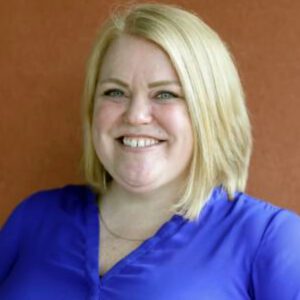 In our
In our 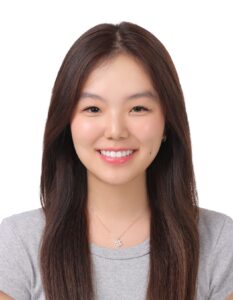
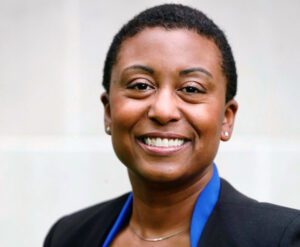 In this episode, League of Education Voters CEO Arik Korman interviews Yale School of Management professor Ebony Reed, a seasoned journalist who is also the Chief Strategy Officer at
In this episode, League of Education Voters CEO Arik Korman interviews Yale School of Management professor Ebony Reed, a seasoned journalist who is also the Chief Strategy Officer at 
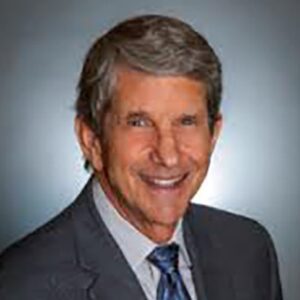 In this episode, League of Education Voters CEO Arik Korman interviews game-changing disability rights attorney
In this episode, League of Education Voters CEO Arik Korman interviews game-changing disability rights attorney 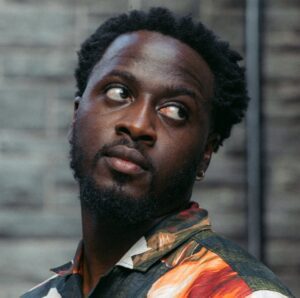 In this episode, League of Education Voters CEO Arik Korman interviews
In this episode, League of Education Voters CEO Arik Korman interviews 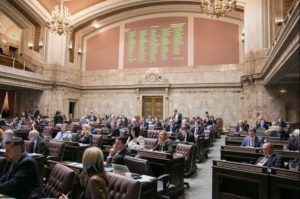 The 2024 supplemental budget makes adjustments to the
The 2024 supplemental budget makes adjustments to the 